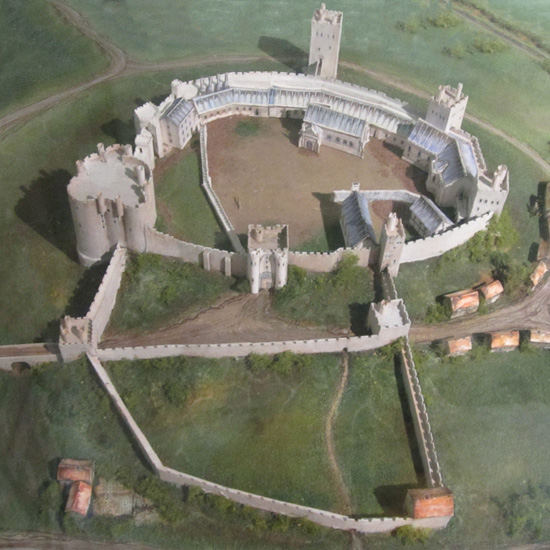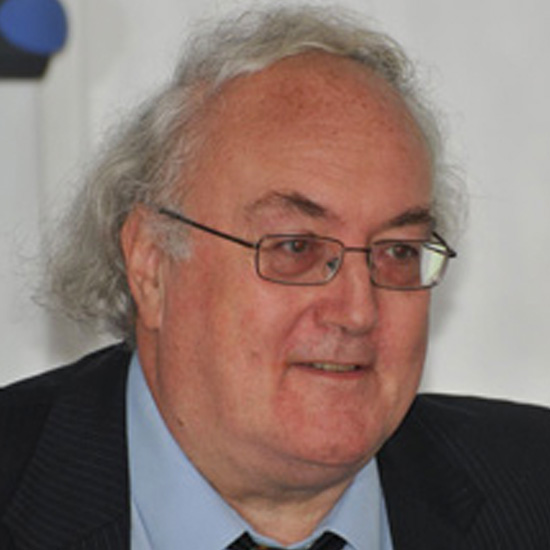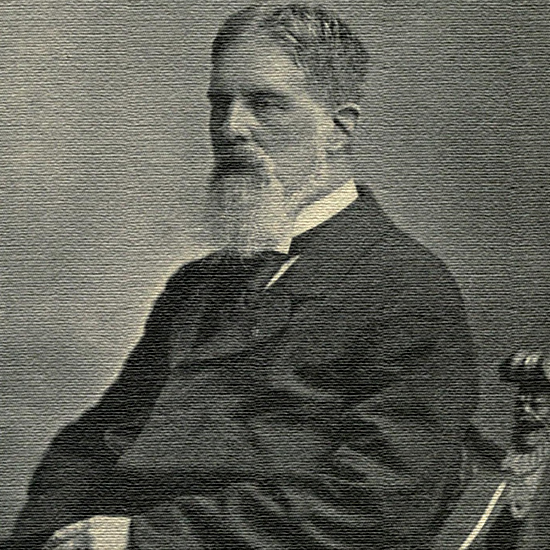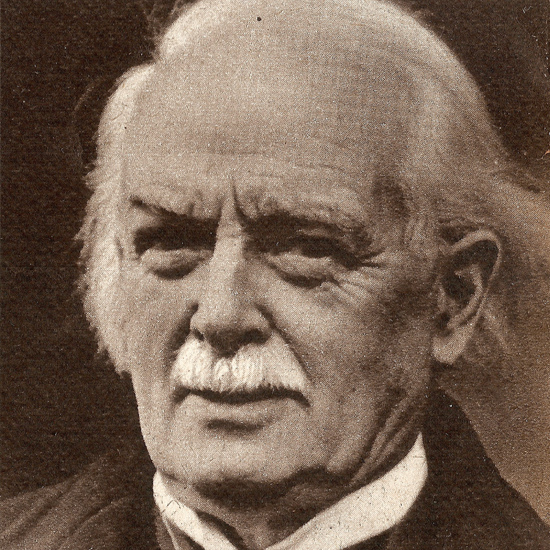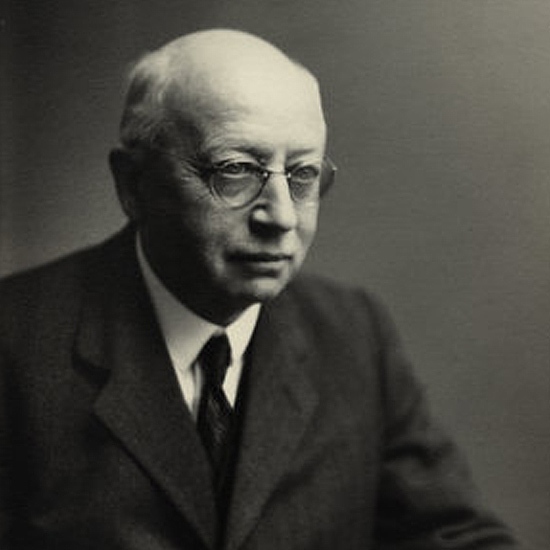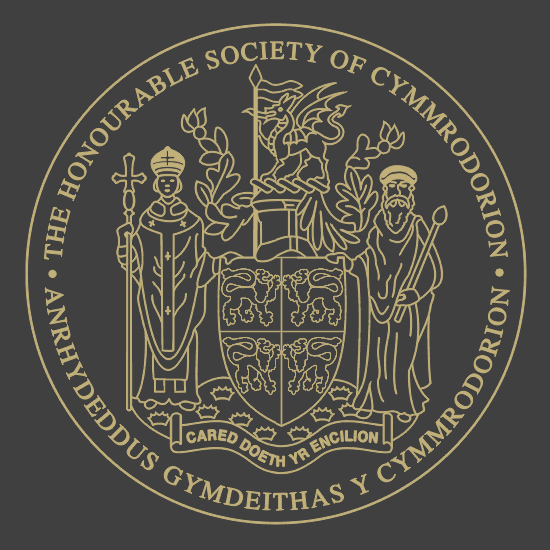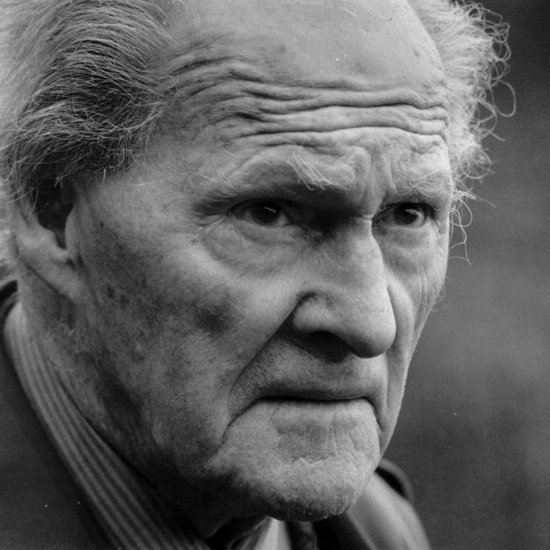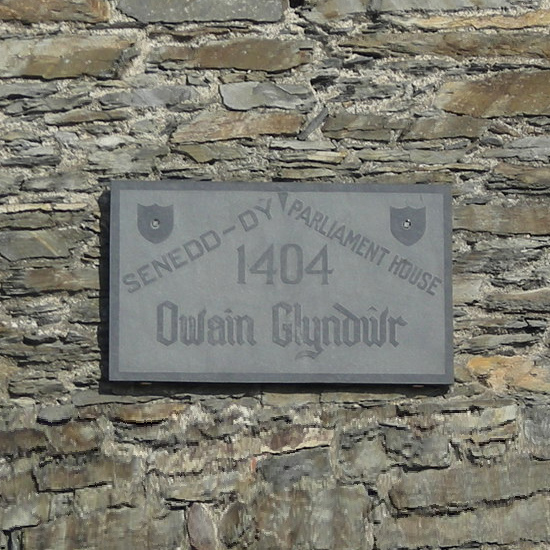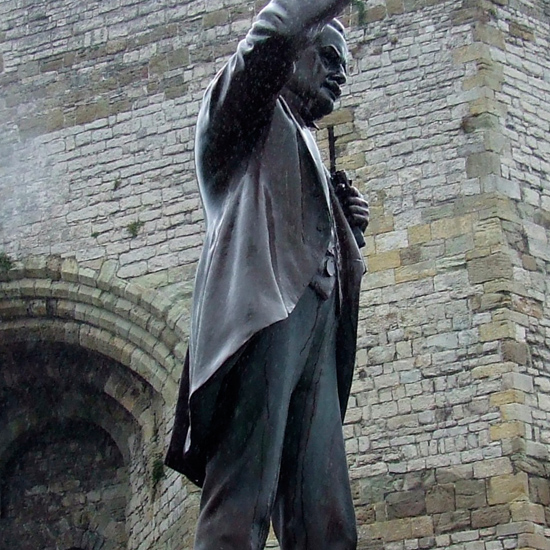Hynt a Hanes Llawysgrif Gyfreithiol
Dr Sara Elin Roberts
Thursday 5 July, 2012
The paper will look at the history of one particular manuscript of medieval Welsh law, or Cyfraith Hywel: Peniarth 259B. Following an introduction to medieval Welsh law and manuscript production,
The Wales Media Crisis – Can the Welsh newspaper industry survive
Martin Shipton
Tuesday 8 May, 2012
Listen to an MP3 edition of a lecture by Martin Shipton (Chief Reporter of the Western Mail) given to the Society on 8 May 2012 at the Medical Society of
The Golden Treasurer: F. T. Palgrave
Prys Morgan
Monday 12 March, 2012
I first became acquainted with the name of Palgrave in 1950, when my brother Rhodri and I were invited ( with our parents) to be the only guests at the
The First Welsh Missionary among the Khasis
D. Ben Rees
Monday 12 March, 2012
India has been part of the psyche of the Welsh since the eighteenth century. Since the days of the hymn writer William Williams Pantycelyn we have been singing of ‘the
Lloyd George at Paris, 1938
J. Graham Jones
Monday 12 March, 2012
In September 1936, Lloyd George paid two visits, which were soon to become infamous, to the German Chancellor Adolf Hitler at his mountain retreat at Berchtesgaden in the Bavarian Alps.
Crime, the Welsh and the Old Bailey
Tegid Rhys Williams
Monday 12 March, 2012
On 6 April 1752, between the hours of one and two in the morning, George Basset, with his accomplice, George Hall, broke into and entered the dwelling house of Samuel
The Counterfactual Case for Sir George Cornewall Lewis
Richard Shannon
Monday 12 March, 2012
After many decades of neglect and obscurity, even in his home county of Radnorshire, it appears that the name of the late George Cornewall Lewis is beginning to emerge into
Alfred Zimmern’s Brave New World
Kenneth O. Morgan
Monday 12 March, 2012
‘The tents have been struck and the great caravan of humanity is once more on the move.’ ‘We are making the world safe for democracy.’ Thus General Smuts and
Devolution and Broadcasting
Geraint Talfan Davies
Monday 12 March, 2012
I am deeply grateful to the Cymmrodorion for this opportunity to address the Honourable Society for the second time in less than a decade, and this time for an opportunity
The Authorship of Drych Cydwybod [?1616]
Geraint Evans
Monday 12 March, 2012
In 2009, in the Transactions, I described the discovery, in the Mazarine Library in Paris, of a unique copy of an early seventeenth-century Welsh book called Drych Cydwybod (A Mirror
Believer or Atheist? – The Priest/Poet R. S. Thomas
Barry Morgan
Monday 12 March, 2012
The title of this lecture, ‘Believer or Atheist? – The Priest/Poet R. S. Thomas’, sounds a shocking one for an Archbishop, in whose church R. S. Thomas served as a
Adar Cymraeg mewn Coedwig Americanaidd
Jerry Hunter
Monday 12 March, 2012
Mae Llenyddiaeth Gymraeg America yn faes academaidd newydd ac felly nid ar chwarae bach y mentrir diffinio’r agweddau creiddiol arno ac ateb y cwestiynau sy’n ganolog iddo. Rwyf wedi bod
The Mansion of Owain’s Grave
Christopher Jobson
Sunday 5 June, 2011
The disappearance of Owain Glyn D ̆r in 1415 is probably the most celebrated unsolved mystery in the history of Wales. His revolt against the English crown and his struggle
The Machinery of Justice in a Changing Wales
David Lloyd Jones
Sunday 5 June, 2011
In recent years, immense changes have taken place in the machinery of government in Wales as a part of the process of devolution. Public attention has concentrated principally on the
Lloyd George and Land Reform: The Welsh Context
Ian Packer, MA , DPhil, FRHistS
Sunday 5 June, 2011
David Lloyd George was undoubtedly the outstanding Welsh political figure of the late nineteenth century and the first half of the twentieth century.1 Among the multifarious themes that intersected with
Wales and the Citizens’ Advice Bureau
Rhys Jones, BA , PhD
Sunday 5 June, 2011
The Citizens’ Advice Bureau (CAB) Service1 was formed at the outbreak of the Second World War as a means of providing advice and information to the citizens of Britain’s cities,

